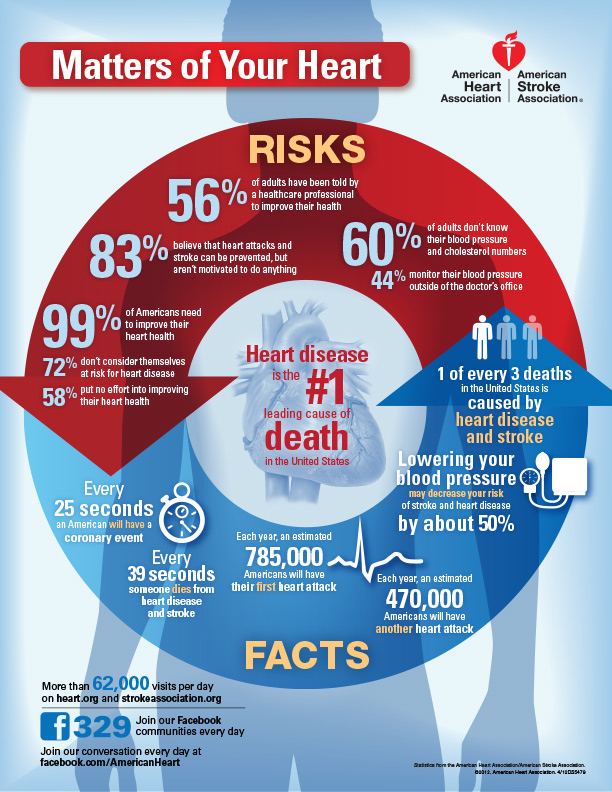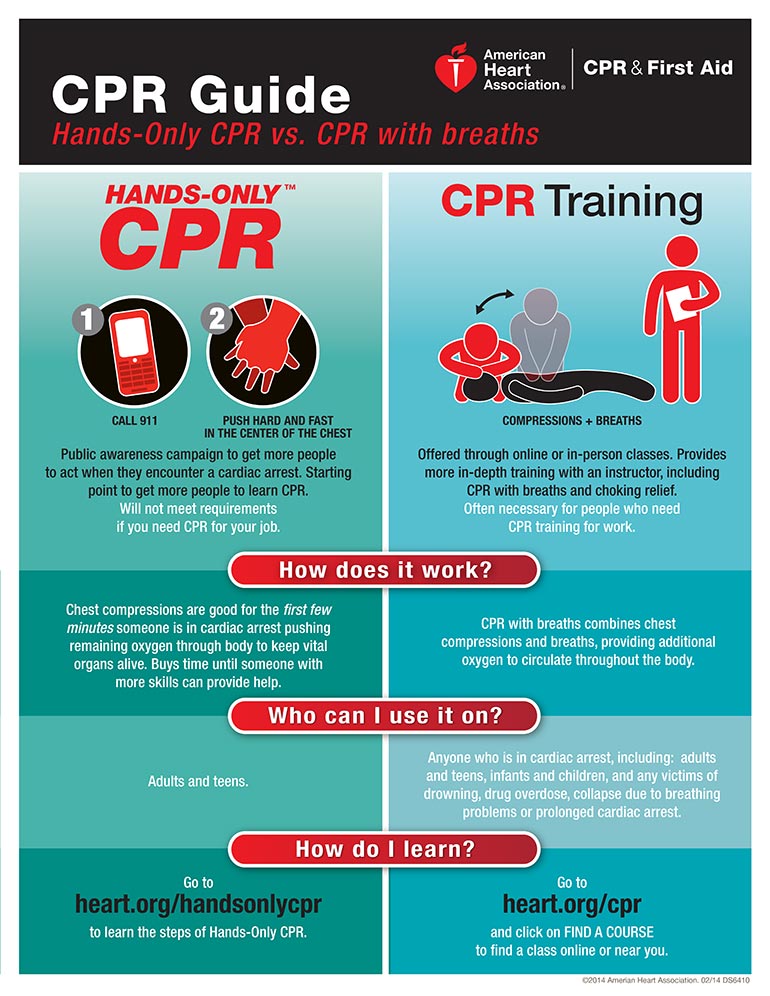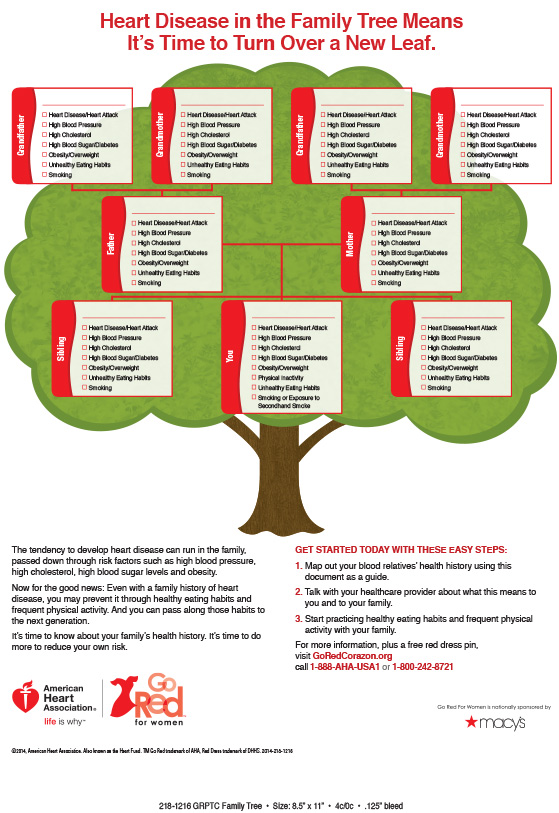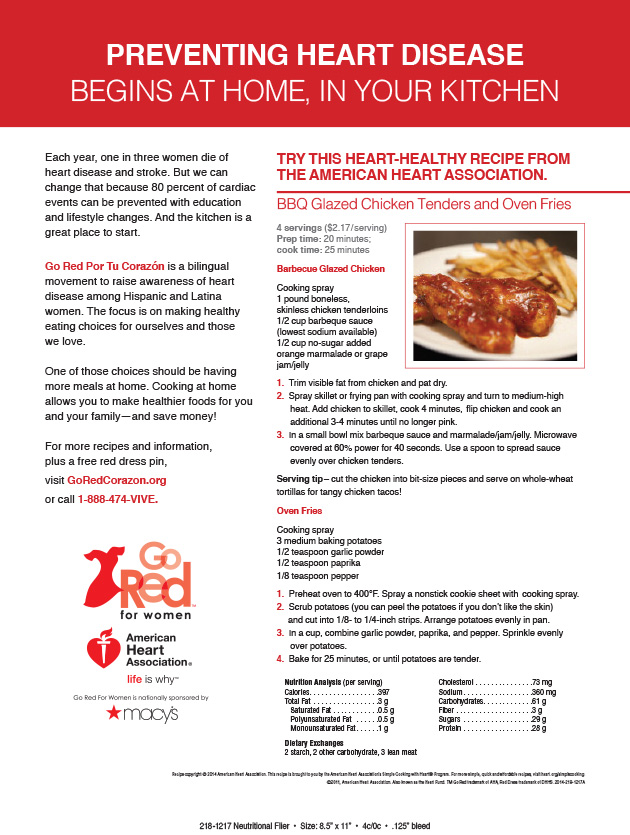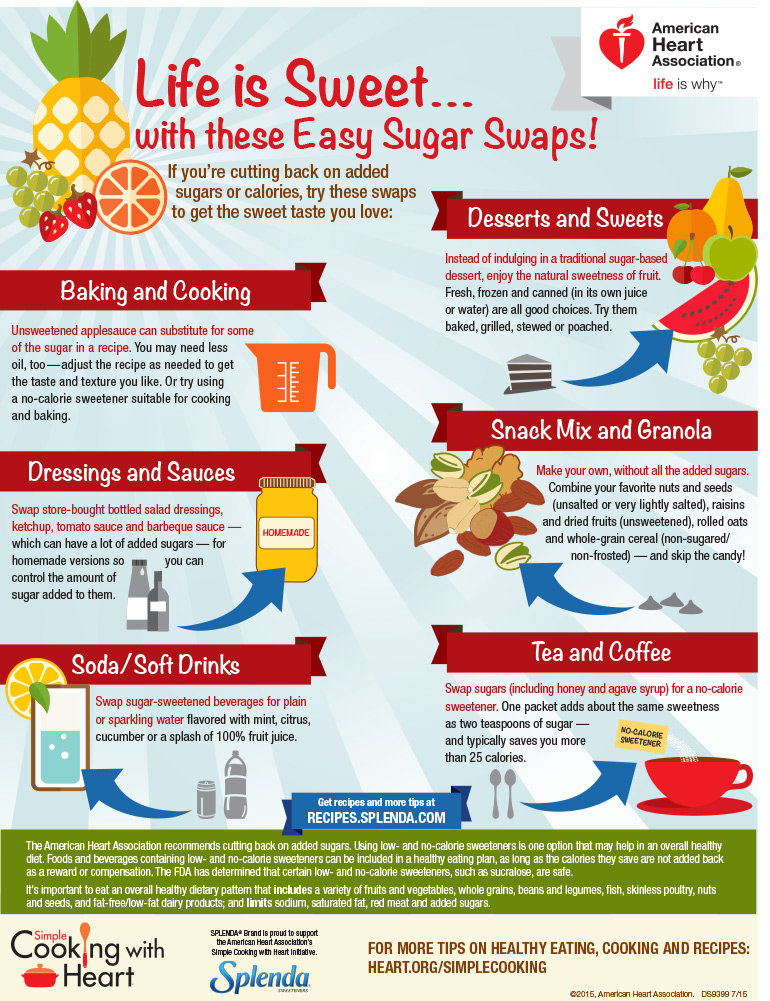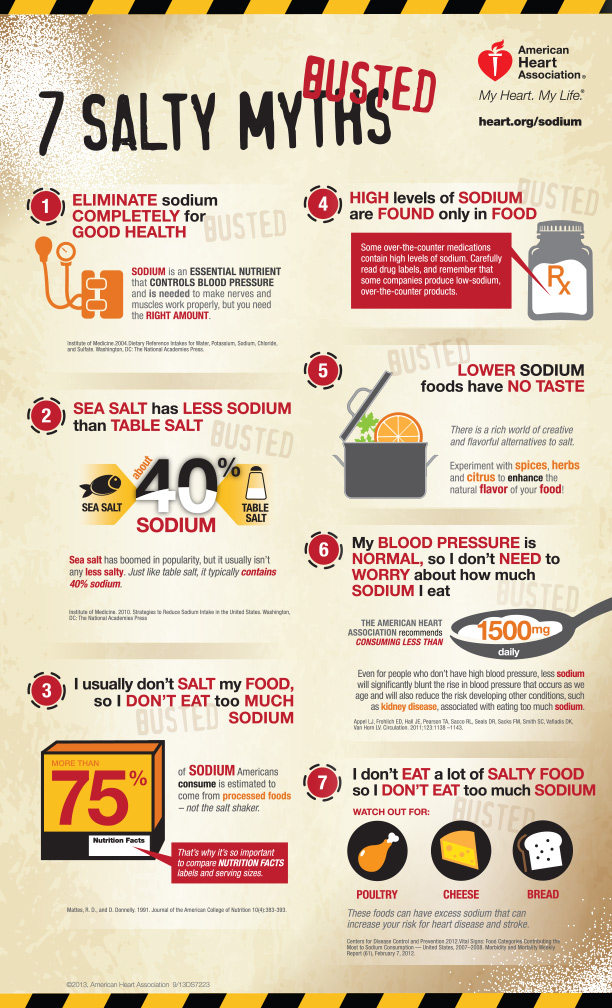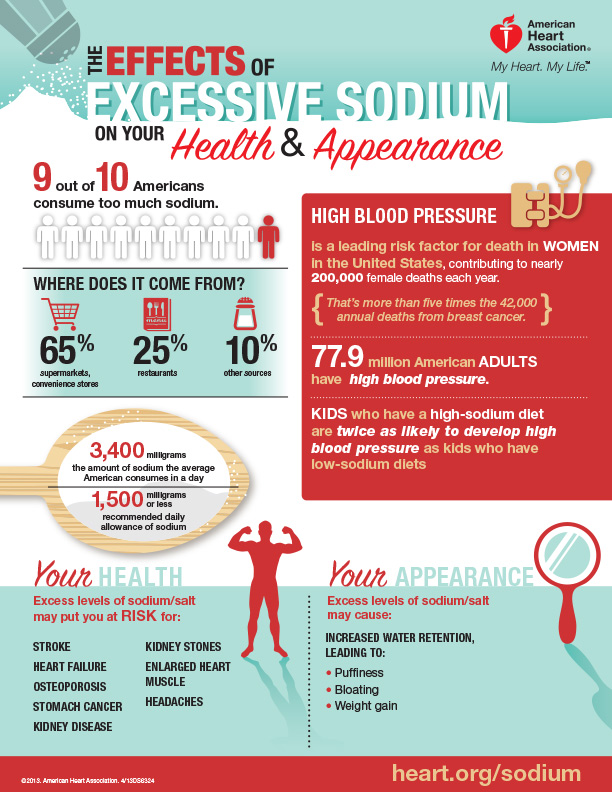6abc and the American Heart Association (www.americanheart.org) are teaming up with Independence Blue Cross (www.ibx.com) and Einstein Healthcare Network (www.einstein.edu) to educate women about heart disease.
Sponsored by:
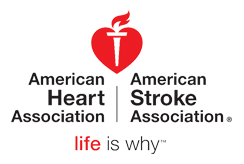


Heart disease is the number one killer of women, causing 1 in 3 deaths each year. That’s approximately one woman every minute. We can change that because 80 percent of cardiac and stroke events may be prevented with education and action. Sodium is a big risk factor: in addition to causing bloating, high blood pressure and weight gain, excessive sodium intake is a major cause of heart disease. Adopt healthier eating habits and exercise regularly. And for smokers, quitting is the best way to minimize heart disease risk. Good lifestyle choices are key in ensuring a healthy heart.
National Wear Red Day® - Friday, February 3, 2017
Support Go Red For Women by participating in National Wear Red Day® on Friday, February 3, 2017.
Video Chat on 6abc.com
Menopause Matters: Women’s Heart Disease
Thursday, February 23; 12noon-1pm
All women face the threat of heart disease. But as women age, they lose some of their natural defenses against heart disease. This can happen because of changes in hormones from menopause, which can affect cholesterol levels Join Dr. Vincent Figuredo and Dr. Marjorie Stanek from The Einstein Heart and Vascular Institute on Thursday, February 23 from 4 p.m. to 5 p.m. for a live chat where they’ll answer your questions regarding treatment options, medical management and advanced therapies.
Prevent Heart Disease
Many things can put you at risk for these problems – one’s you can control, and others that you can’t. But the key takeaway is that with the right information, education and care, heart disease in women can be treated, prevented and even ended.
Studies show that healthy choices have resulted in 330 fewer women dying from heart disease per day. Here are a few lifestyle changes you should make:
Know Your Numbers
The American Heart Association explains the critical health numbers that someone with diabetes should know including blood sugar, blood cholesterol and body weight as well as the tools to track your numbers. Learn more.
Get the tracker sheet.
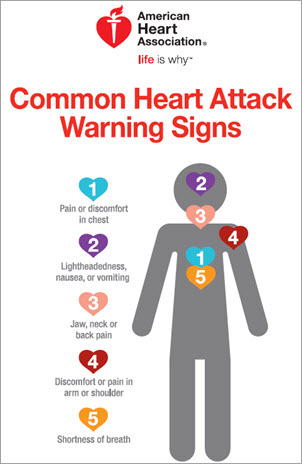 Warning Signs of a Heart Attack
Warning Signs of a Heart Attack
Don’t wait to get help if you experience any of these heart attack warning signs. Although some heart attacks are sudden and intense, most start slowly, with mild pain or discomfort. Pay attention to your body — and call 911 if you feel:
- Chest discomfort. Most heart attacks involve discomfort in the center of the chest that lasts more than a few minutes, or that goes away and comes back. It can feel like uncomfortable pressure, squeezing, fullness or pain.
- Discomfort in other areas of the upper body. Symptoms can include pain or discomfort in one or both arms, the back, neck, jaw or stomach.
- Shortness of breath with or without chest discomfort.
- Other signs may include breaking out in a cold sweat, nausea or lightheadedness.
Learn more.
Heart Failure Misconceptions and Misunderstandings
Heart Disease in the Family
Prevention Begins in the Kitchen
The Salty 6: Foods with High Levels of Sodium
Effects of Excessive Sodium






 Warning Signs of a Heart Attack
Warning Signs of a Heart Attack
